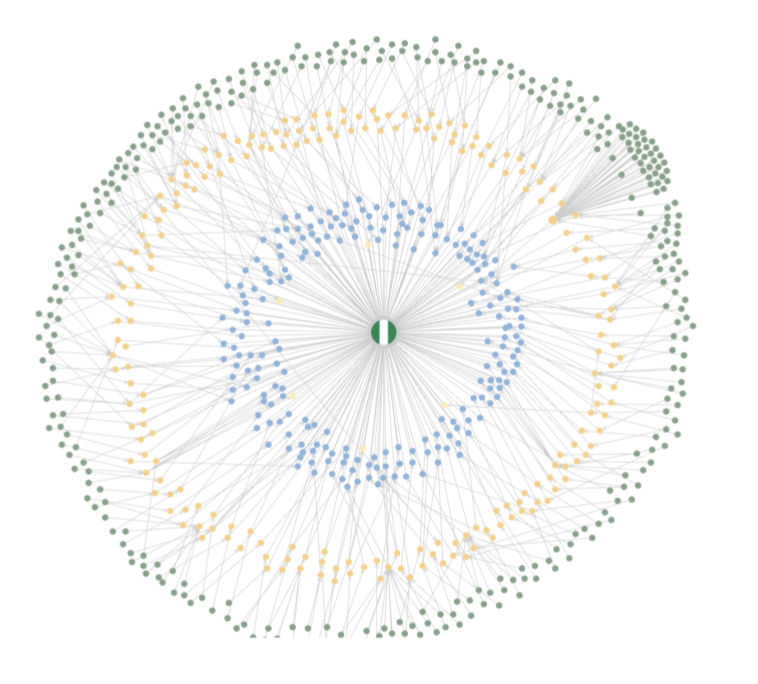Using reliable identifiers for corporate vehicles in beneficial ownership data
Domestic and foreign entities
Disclosing information about beneficial owners may include identifying a partner company, a parent company or other intermediary corporate vehicles. When these are domestic entities, the expected identifier and its format is known, and BO declaration forms and data management systems can be designed accordingly. However, provisions should also be made for data collection and storage of identifiers for foreign entities, for example, in cases where entities with a sufficient link [13] to a jurisdiction must disclose their beneficial ownership. As described above, this must include unambiguous information about the issuing authority of the identifier.
Supporting accurate identification of foreign entities can begin by considering the identifier schemes of the foreign jurisdictions with the most domestic involvement. There may be multiple identifier schemes within a single jurisdiction. For example, limited companies, partnerships and trusts may be registered by different authorities in a given country.
By allowing validation of their domestic identifiers via an API, registration authorities will support other countries’ efforts towards BOT.
Agencies collecting and managing BO information should ensure that reliable identifiers are collected for any foreign entities disclosed. When the BO information is published or shared, these identifiers should be included.
PEPs data in Nigeria
For the Joining the Dots with Politically Exposed Persons in Nigeria project, the Opening Extractives programme supported work by Directorio Legislativo, the BudgIT Foundation, Transparency in Totality’s FollowTaxes, and Nigeria EITI (NEITI).
The project’s aim is to enhance Nigeria’s accountability and transparency framework for its extractive sector, whilst contributing to the public access to data on PEPs.
The project sought to cross-reference the following datasets to generate corruption alerts:
BO data from the central registry held by the CAC;
BO data from NEITI’s extractive registry, containing information on beneficial owners of companies that own mining licences or oil or gas contracts;
Nigerian PEPs from Citizen Science Nigeria, OpenSanctions and Shine Your Eye.

Identifying and cross-checking the information gathered on PEPs through BO data was deemed to be useful to produce red flags which could signal high-risk cases in the extractive sector, particularly regarding possible conflicts of interest, corruption or misuse of public office. Two of the biggest challenges in delivering this project were the lack of public availability of the information in question, as well as the fact that common, reliable identifiers were not present in the various datasets. This meant that a lot of work had to be undertaken to combine and compare the datasets, following manual validation checks with multiple government agencies and the use of proxies to find out if relevant beneficial owners were the same as the PEPs listed in the sources.
Notes
[13] See FATF guidance for more on defining a “sufficient link”: FATF (2023), Beneficial Ownership of Legal Persons, p. 9.